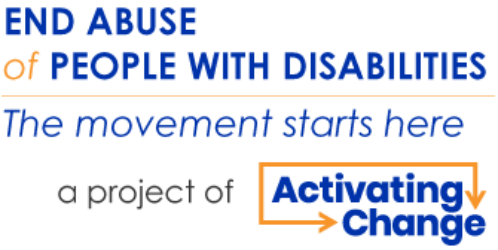Serving Survivors Through Co-Advocacy
Co-advocacy allows us to provide cohesive and holistic services to survivors that meets their unique needs, shaped by their individual identity and lived experience. During this webinar a panel of experts explore this service model through the lens of culture, language, and disability, highlighting the importance of strong partnerships to achieving success in co-advocacy.
